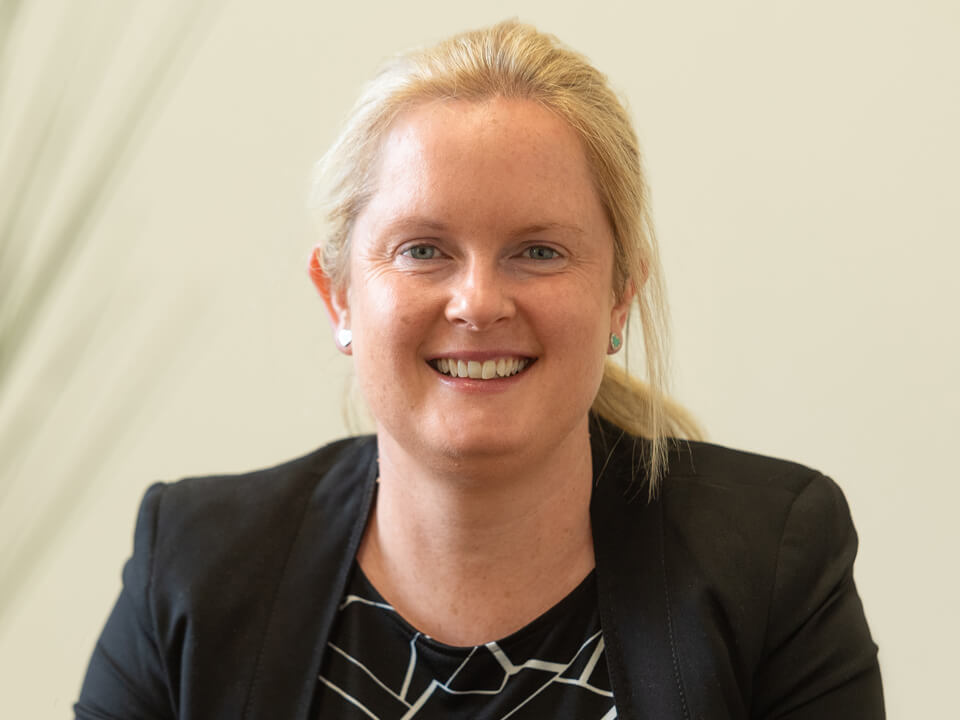Buying your Freehold
Buying the freehold to your property is a popular and desirable step in order to make your home your own.
It can also lift restrictions which might prevent a homeowner making improvements and changes to the property. In the case of leasehold, the homeowner owns the building and land for the duration of the term of the lease. In many cases they will pay ground rent and sometimes other charges to a landlord who owns the land through a freehold title or superior lease.
Benefits of buying the freehold
The main reason for buying the freehold is that people want to become the owner of their full estate – the bricks, the mortar and the land upon which they sit.
The other big reason for purchasing the freehold is that people do not want to pay ground rent.
In the case of older properties, the ground rents are usually low – between £5 and £20 a year – and can be in place for decades or even centuries.
By purchasing the freehold, the householder may no longer need to seek permission or pay fees for alterations they want to make to the property, although they are still subject to relevant planning permission and legislation.
By owning the freehold, the householder is more likely to have “freedom” and no longer be subject to these covenants and restrictions.
While owning the freehold to a property may not always add value when it is put on the market, it can be important in the process of selling a house as potential buyers may not want to pay ground rent or have restrictions that may impact their potential use and enjoyment of the property.
This is especially topical as people have recently become more wary about buying leasehold properties, especially new builds, those built in the last 20 years or those with short time remaining on the lease.
This is because there have been cases of ground rents escalating from a few hundred pounds to tens of thousands of pounds, making the property unaffordable and difficult to sell in the future.
A short leasehold term might also make it difficult to sell or re-mortgage. At the end of the term the lease will terminate and the property reverts to the Landlord. This is turn can mean that the value of the property is severally diminished compared to that of a similar property which is wholly freehold.
How to buy the freehold
The first step is to approach the freeholder to see if they are prepared to sell and to discuss the price.
The freeholder may refuse a voluntary sale of the freehold. If so, utilising legislations we can discuss with you a process that includes serving a Legal notice on the Freeholder to acquire the freehold by a method called Enfranchisement. The right to Enfranchisement depends on the house, the lease and you meeting certain conditions such as owning the leasehold title for at least 2 years.
No matter which way the purchase proceeds, once the terms of the sale are agreed, there is more to it than simply handing over the money. The transfer of the land to the householder must be legally recorded with the Land Registry and a new title is required for the new owner. And there may be other covenants regarding the building, extensions and improvement, etc, to take into account. Depending on what you want to do with the property after purchasing the freehold, your conveyancing solicitor will be able to advise you on whether these restrictions can be altered or lifted and how best to proceed.
It is worth noting that the householder looking to buy the freehold must pay their own conveyancing fees and the freeholder may require their legal costs to be covered by you as well.
The above process of buying a freehold only usually applies to houses and bungalows. Owners of flats and other types of properties such as shared ownership homes may also be able to acquire their freeholds under certain circumstances. But the processes are slightly different and can be somewhat more complicated than the above.
Call our property solicitors
If your property is leasehold, then contact us and we’ll help you understand your legal rights and guide you through the entire process of purchasing your freehold. Call us today on 0161 785 3500 for independent legal advice.




